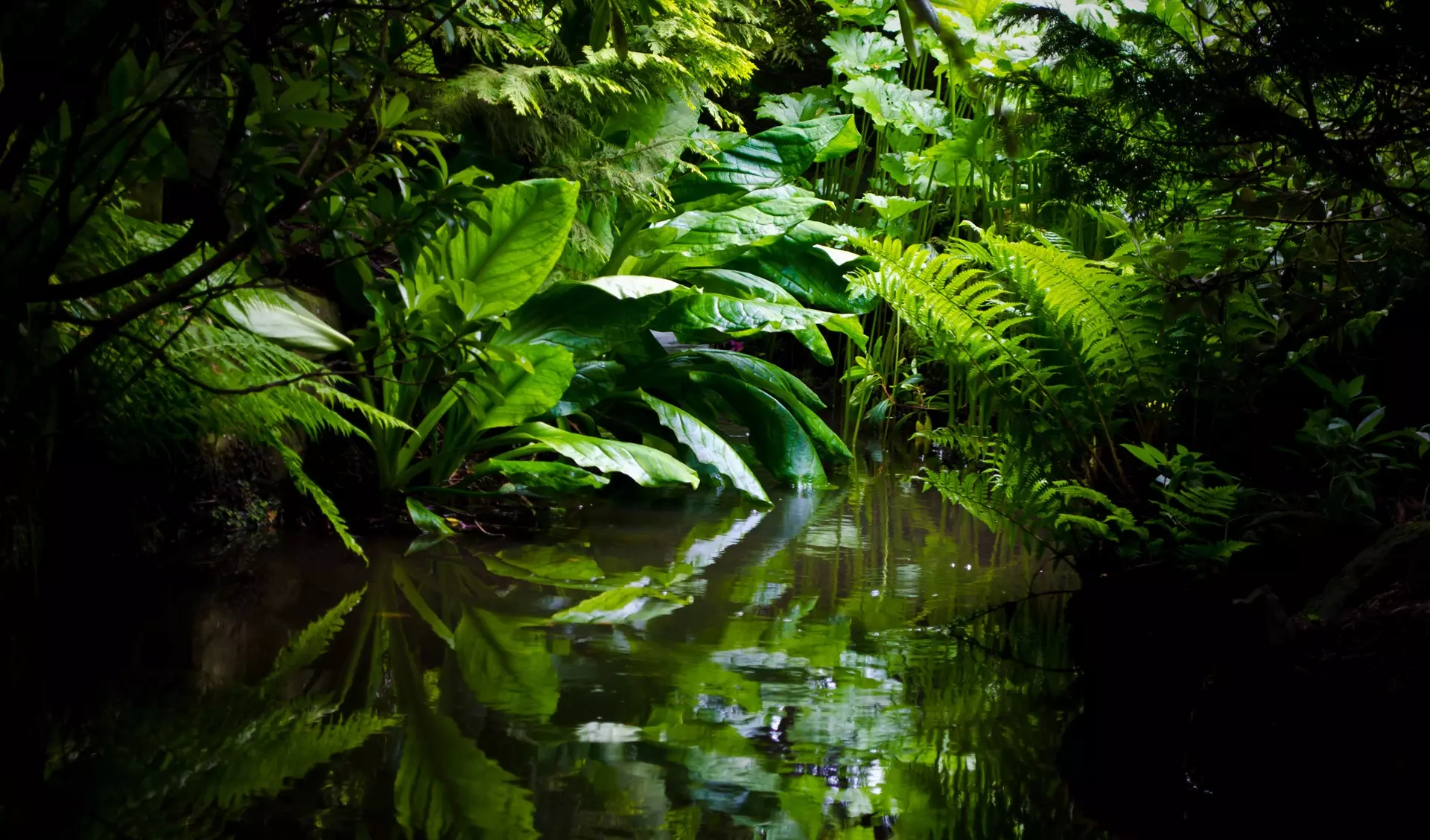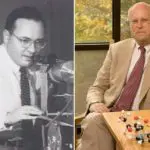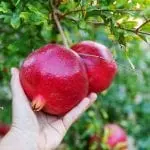[Originally published as Plant Death]
And God said, Behold, I have given you every herb bearing seed, which is upon the face of all the earth, and every tree, in the which is the fruit of a tree yielding seed; to you it shall be for meat. (Genesis 1:29)
Plants do not possess life in the biblical sense. The Bible almost always refers to plant “death” as “withering.” The Bible says that “the life of the flesh is in the blood” (Leviticus 17:11). Plants do not have blood; therefore, plants do not have life, and neither do they die in the biblical sense. The prophet Isaiah wrote: “The grass withereth, the flower fadeth: but the word of our God shall stand for ever” (Isaiah 40:8). Notice that he says that the grass “withers,” not that it dies.
If that is true, then why did Jesus say that a grain of wheat falling to the ground dies (John 12:24)? In this passage, the word “die” translates the Greek word apothnēskō. According to Strong’s (G599), the word means “to die off (literally or figuratively).” Jude applies the same word to “trees whose fruit withereth, without fruit, twice dead, plucked up by the roots” (Jude 1:12). The word translated “dead” is the same Greek word, but note that it is associated with “withereth.” Therefore, death, in the Bible, can be applied to plants, but it is more in the figurative sense than the literal sense.
Jesus said, “Verily, verily, I say unto you, Except a corn of wheat fall into the ground and die, it abideth alone: but if it die, it bringeth forth much fruit” (John 12:24). However, He used the word “die” in the figurative sense. He was referring to His pending death and resurrection. He was not using the word in a literal sense that a seed actually dies.
When a seed gets buried in the ground, it does not remain a seed. Rather, it germinates and transforms into a new plant that produces many more seeds. Similarly, Jesus died and was buried in the earth. On the third day, He came up out of the ground, and His resurrection produced eternal life for all who would believe on Him.
So, talk to your plants if you like, but they really do not hear you. Plants are food, not pets.





